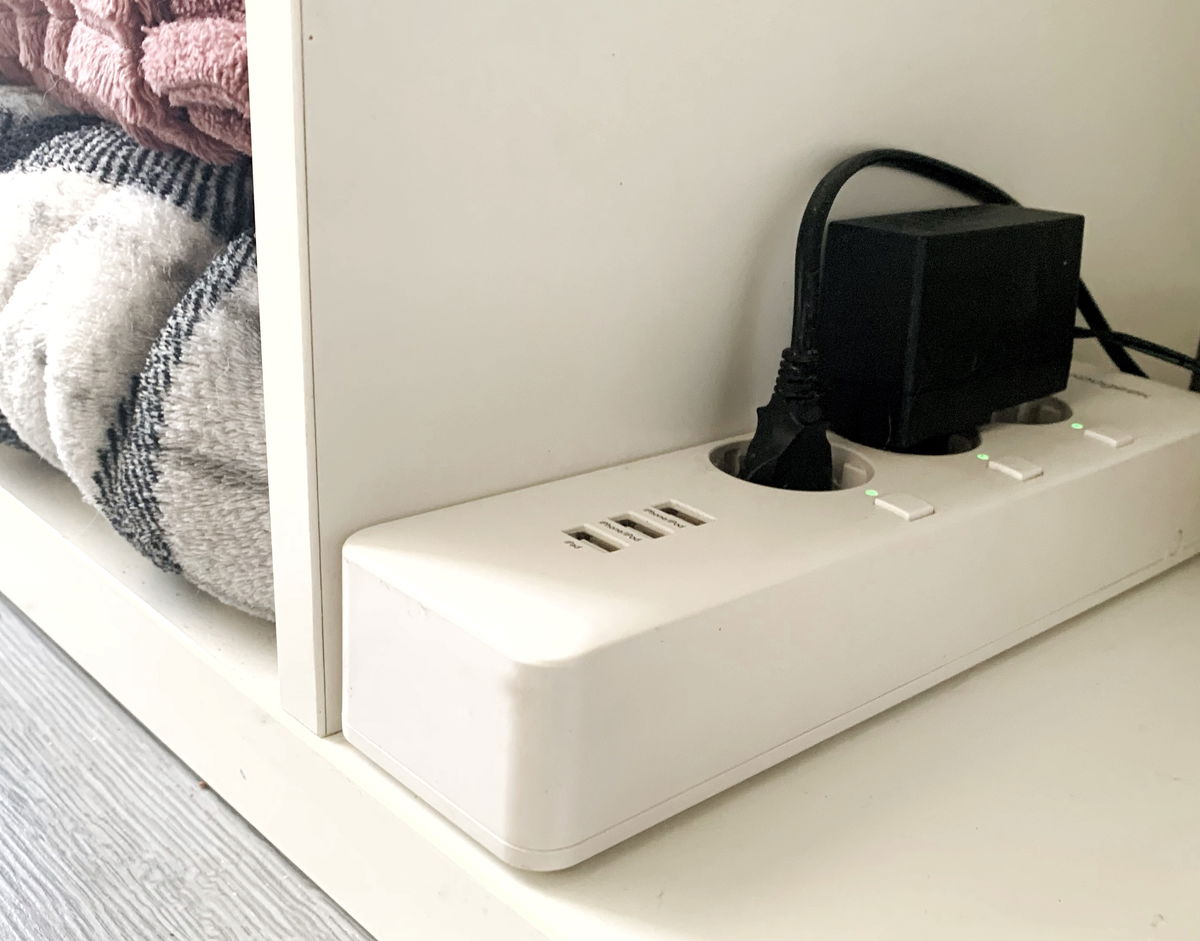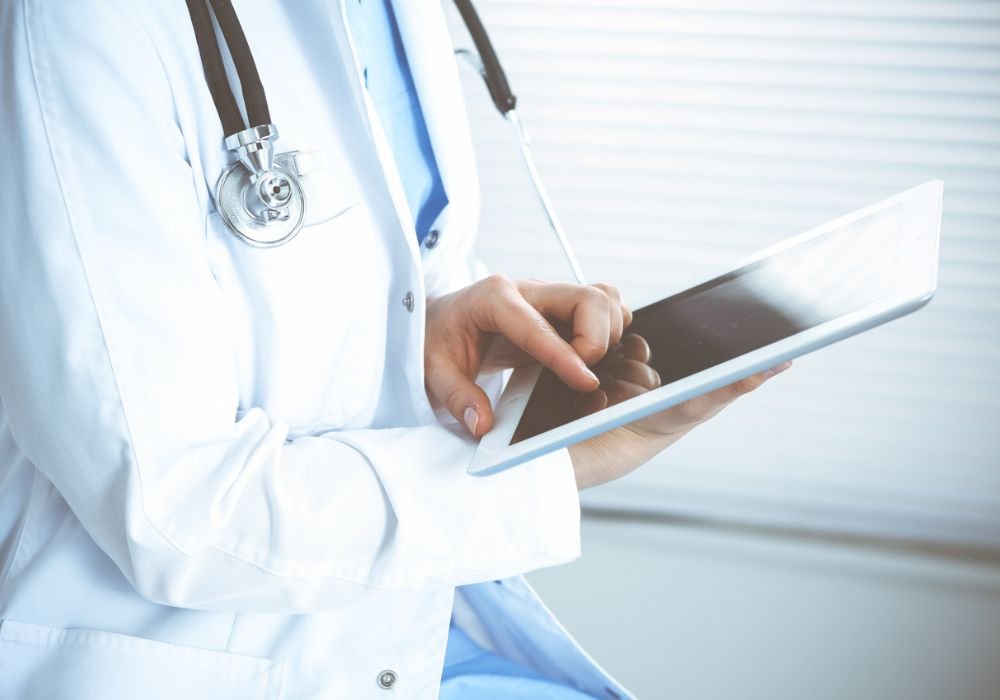New artificial intelligence developed by IPM Sistemas, a Brazilian GovTech, can be used in public health services by optimizing data and generating warning signals. for up to three years’ advance predictions for diseases such as stroke, heart attack, and diabetes.
When we consider the multiple uses of AI, perhaps the field of healthcare may be the field that could benefit most from the technology’s scale, especially when these are linked to disease prevention.
Cerebrovascular accident (CVA), Stroke, popularly known as paralysis, is among the leading causes of deaths from non-communicable diseases in the country.as well as heart attacks, lung diseases and diabetes.
How will artificial intelligence work?
When you visit a healthcare facility, especially emergency centers or units, you may experience symptoms shared by many comorbidities, such as headaches, dizziness, nausea, and fatigue.
The specialist will do a quick interview to find out your health history and outline the cause and treatment. If there are no other symptoms, you will be given medication and discharged.
However, at certain times, a simple lack of communication between doctor and patient can lead to delays in diagnosis or treatments that are ineffective in meeting the actual needs of the healthcare user.
By mediating this interaction, Dara, IPM’s artificial intelligence, was born, which has the ability to collect data and quickly scan entire medical history to indicate warning signs of more serious health problems. It does not replace medical diagnosis but is an additional tool for the healthcare professional to understand what is happening to the patient in question.
For example, it is important to investigate the possible causes of a person who has been to healthcare frequently in recent months and complains of the same symptoms, through tests such as blood or imaging.
Dara’s role is to warn this person that he needs a more careful look. Dara is an artificial intelligence specialized in public administration and built in Brazil. In addition to its applicability in healthcare, it can also be used in other areas of public administration, such as education.
Tare Warning!
According to the developers, Dara can compile user data through algorithms and predict potential disease risks. In cases of diabetes, it can be predicted three years in advance which patients are most likely to develop metabolic dysfunction..
Knowing the future helps these patients be able to begin preventive treatment now to minimize damage or, who knows, avoid contracting the disease.
Follow current developments in science and technology at TecMundo.
Source: Tec Mundo
I’m Blaine Morgan, an experienced journalist and writer with over 8 years of experience in the tech industry. My expertise lies in writing about technology news and trends, covering everything from cutting-edge gadgets to emerging software developments. I’ve written for several leading publications including Gadget Onus where I am an author.













